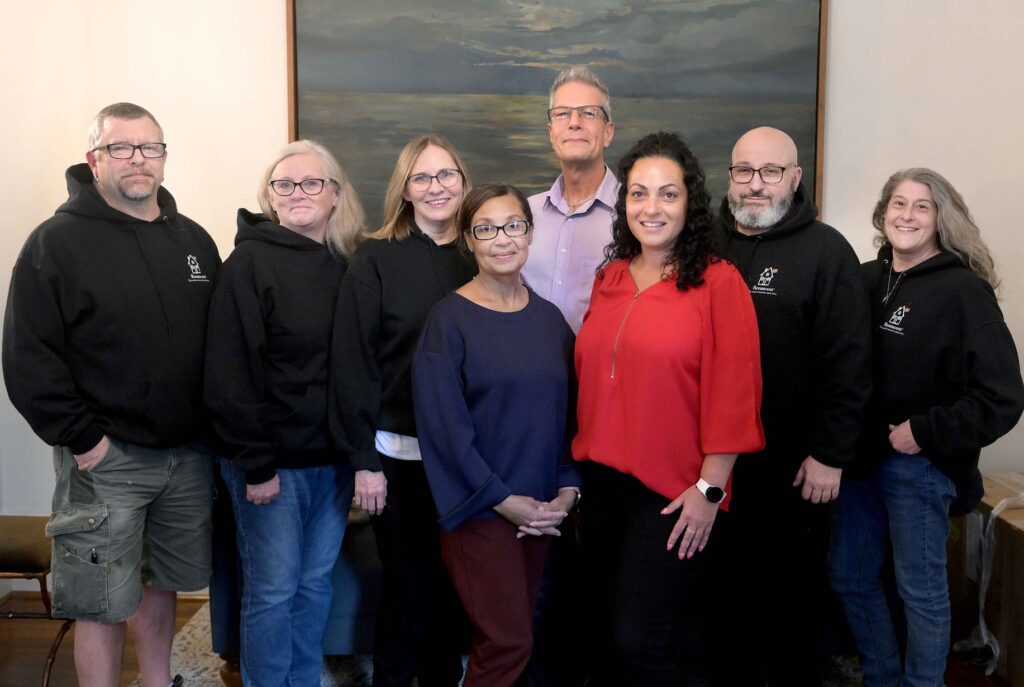As one of Ontario’s largest not-for-profit addiction treatment providers, we offer compassionate, evidence-informed care for both individuals living with addiction and their loved ones. Our abstinence-based model combines 12-step principles with clinical, medical, and therapeutic support to guide our clients through their recovery.
At Renascent, we believe everyone deserves access to high-quality treatment. We offer immediate access to a range of inpatient and outpatient programs, ongoing care, and family supports. Through the Renascent Foundation, we ensure that cost is never a barrier to treatment.
Founded in 1970 by Paul J. Sullivan and a group of dedicated individuals — many in recovery themselves — Renascent opened with a clear goal: to provide 12-step, abstinence-based treatment in a supportive, gender-specific setting.
Since then, we’ve grown to four centres across Toronto and Durham and become a national leader in addiction treatment.
To help save lives through compassionate addiction and mental health programs.
A future where every person impacted by addiction can rebuild hope, healing, and connection.
Today, we continue to evolve while staying true to our values:

We are driven by gratitude and a passion to help individuals recover from addiction and mental health challenges. We work with compassion, respect, empathy and understanding.

We collaborate across our teams, community and system partners to help ensure the best possible health outcomes for our clients.

We believe in the spiritual healing power of connection which we incorporate in our work with individuals, families and loved ones.

We value the lived experience of our team members, that contributes to therapeutic alliance and a deep understanding of addiction and related mental health challenges.
At Renascent, we are deeply committed to the principles of anti-oppression. This means actively working to understand, challenge, and dismantle the systemic barriers that contribute to inequity and discrimination—both within our organization and in the lives of those we serve.
We recognize that oppression can impact individuals in many ways, including but not limited to race, age, gender identity, sexual orientation, ability, religion, socioeconomic status, appearance, and country of origin. These experiences can affect not only a person’s mental health and recovery journey but also their sense of safety and belonging.
We are dedicated to creating an environment rooted in compassion, equity, and respect—where every individual feels seen, heard, and valued. Through ongoing education, accountability, and collective action, we strive to build a culture that promotes healing, dignity, and respect for all.
renaissance toronto, renascent, renascent toronto, renascent treatment centre